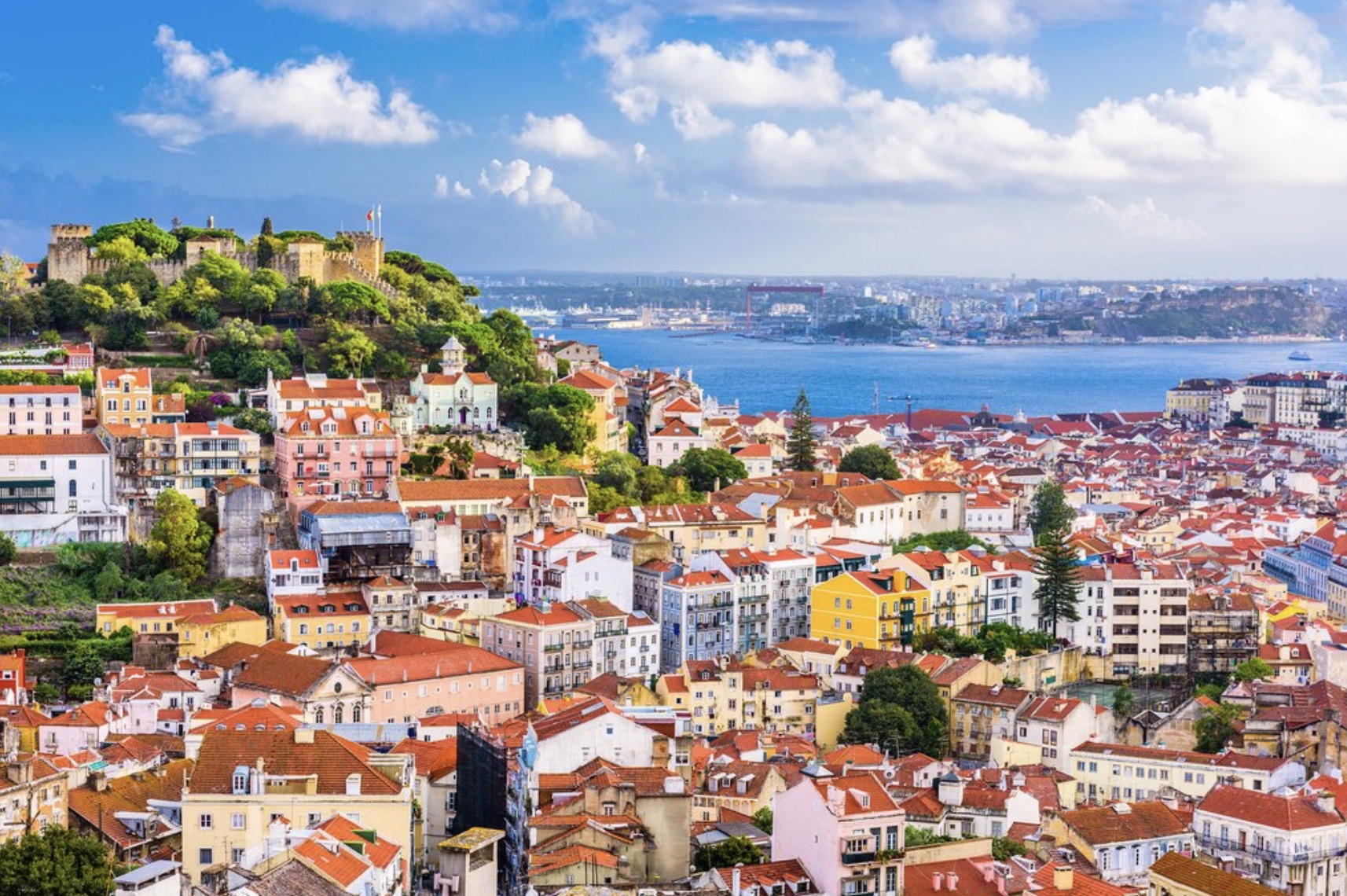The tax system in Portugal includes both state and local taxes (municipal taxes). It is also important that fees and taxes may vary between mainland Portugal and the island of Madeira, which should be taken into account when planning financial transactions.
The tax year in Portugal coincides with the calendar year and runs from 1 January to 31 December.
An important aspect of the tax system is the principle of residence-based taxation.
Tax resident in Portugal
A tax resident is an individual or legal entity who, according to the laws of the state, is subject to taxation there on the basis of his place of residence, permanent residence or place of registration for a legal entity.
According to Portuguese tax law, an individual is considered a Portuguese tax resident if he meets one of the following conditions:
• Spends more than 183 days (consecutive or non-consecutive) in Portugal within a 12 month period.
• Stays in Portugal for a shorter period of time, but the individual has a permanent residence or center of vital interests in Portugal.
What is the difference between tax resident and non-resident status in Portugal?
• Once you become a Portuguese tax resident, you will be taxed on all your income from worldwide sources.
• Non-residents will only be taxed on income derived from Portuguese sources.
Taxes in Portugal for individuals
• Income tax in Portugal (personal income tax)
Personal income tax in Portugal is known as Imposto sobre o rendimento das pessoas uniquees (IRS).
Portugal recognizes six categories of income.
• Income from employment (Category A)
• Business/Professional Income (Category B)
• Investment income (interest, dividends and royalties) (Category E)
• Rental income (Category F)
• Capital gains (Category G)
• Pensions (category H)
Residents of Portugal for tax purposes are taxed on their worldwide income at a progressive rate ranging from 13.25% to 48%.
Non-residents are only liable for income tax on income earned in Portugal at a flat rate of 25% of their taxable remuneration.
Income tax rates in Portugal for 2024
For 2024, tax rates for the top five income brackets were also reduced to help low- and middle-income people.
For example, if in 2023 income between €11,284 and €15,992 was taxed at a rate of 26.5%, in 2024 it will be 23% for income between €11,623 and €16,472.
Personal income tax rates in Portugal for 2024 are:
• Up to 7703 euros – 13.25%
• from 11,623 euros – 16,472 euros – 23%
• from 16,472 euros – 21,321 euros – 26%
• from 21,321 euros – 27,146 euros – 32.75%
• from 27,146 euros – 39,791 euros – 37%
• from 39,791 euros – 51,997 euros – 43.5%
• from 51,997 euros – 81,199 euros – 45%
• More than 81,199 euros – 48%
Personal tax benefits and deductions in Portugal
When calculating income tax in Portugal, some deductions from taxable income are available up to certain limits, such as expenses related to health, education, social security and pension plans; and certain tax benefits apply depending on marital status, number of dependents and overall income level.
• Contributions to the Social Insurance Fund
Employers are required to make monthly contributions at a standard rate of 23.75% of their employees’ monthly gross wages and 11% for the employee’s contribution.
• Inheritance and gift tax
Inheritance and gift taxes in Portugal are regulated depending on the location of the property and the degree of relationship. In particular, the tax rate is 0.8% for inheritances and gifts relating to mainland Portugal. For the region of Madeira, the inheritance and gift tax rate is set at 0%.
Taxes for legal entities in Portugal
Legal entities are considered tax residents of Portugal if they are registered in Portugal or their activities are managed from Portuguese territory. Residents include all types of commercial companies.
The rate of fees and taxes in mainland Portugal is different than in the Madeira Free Zone and in the Autonomous Region of the Azores.
• Corporation tax in Portugal
Corporation tax rates for different types of companies in Portugal are divided depending on the level of income subject to tax.
In mainland Portugal, the corporate tax rate ranges from 17% to 21%.
On the island of Madeira, the corporate tax rate is reduced from 11.9% to 14.7%.
For international activities carried out in the Madeira International Business Center, a minimum corporate tax rate of 5% applies, which creates favorable conditions for the development of international business projects.
• Dividends and interest
Dividends and interest are subject to tax at a flat rate of 28%. However, a taxpayer may elect to be taxed on dividends and interest received at marginal rates ranging from 13.25% to 48%. If dividends are paid by a tax resident of an EU country, only 50% will be taxed under the progressive tax tables.
If dividends or interest income is received from a blacklisted jurisdiction, this income will be subject to a penalty tax rate of 35%
Dividends paid by a Portuguese entity to a non-resident company are subject to 25% withholding tax.
• Value Added Tax (VAT) in Portugal
VAT is called Imposto Sobre o Valor Agregado in Portugal (IVA). VAT in Portugal is payable by all businesses with a turnover of more than €10,000 on taxable goods and services.
Separate, lower IVA rates apply to the islands of Madeira and the Azores.
The standard rate is 23% (22% in the Autonomous Region of Madeira and 18% in the Autonomous Region of the Azores).
Intermediate rate 13% (12% in Madeira; 9% in the Azores).
Reduced rate of 6% (5% in Madeira; 4% in the Azores).
Taxes for sole traders and freelancers in Portugal
An individual entrepreneur in Portugal is the simplest form of business organization. It is ideal for small businesses that do not require significant investment.
As a sole proprietor, you will be responsible for paying the following taxes:
🔸 Income tax for self-employed
Sole traders and freelancers in Portugal treat their income as personal income and pay Portuguese income tax rather than corporation tax.
Category B: Self-employment income from a profession or business in Portugal: at a rate of 13.25% to 48%.
Various deductions and benefits are also allowed.
🔸 Social Security benefits including health care, unemployment benefits and pensions
Self-employed workers are responsible for making their own social security contributions. Social security contributions vary, but the general contribution rate for the self-employed in Portugal is 21.4%.
The monthly contribution is calculated based on the corresponding income, which is 70% of the cost of services provided in the previous quarter, divided by 3.
🔸 VAT
The general rate is 23% on taxable goods and services.
What tax breaks are there in Portugal?
Portugal has a number of tax incentives that can significantly reduce your income tax liability. When calculating income tax, various deductions from taxable income are taken into account within certain limits. These deductions can cover health care, education, and social security expenses. In addition, tax benefits apply depending on the taxpayer’s marital status, number of dependents and overall income level.
For example, all residents have a total tax benefit of €4,104 per year + a deduction of €600 per dependent.




